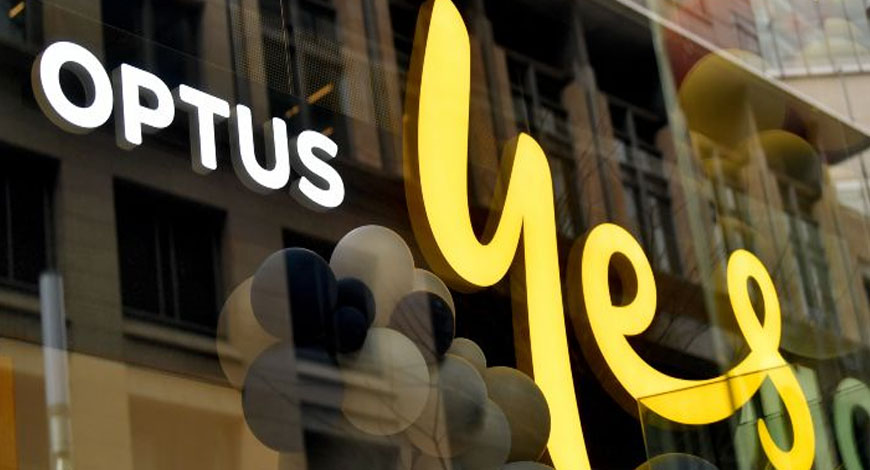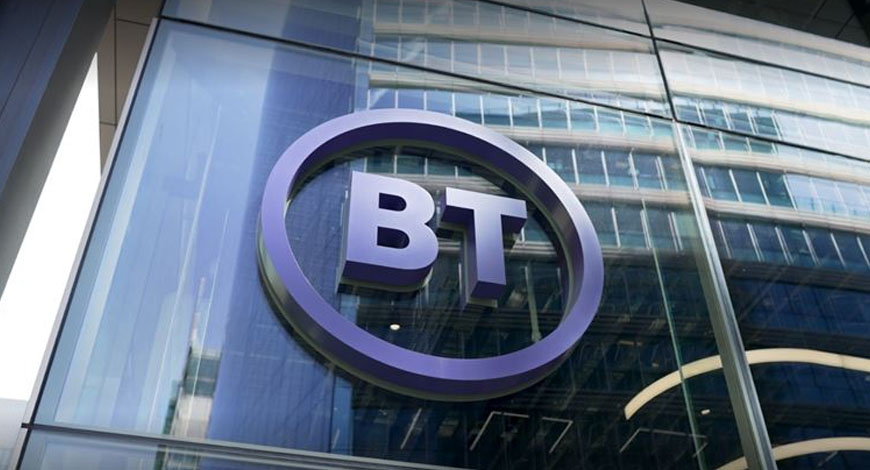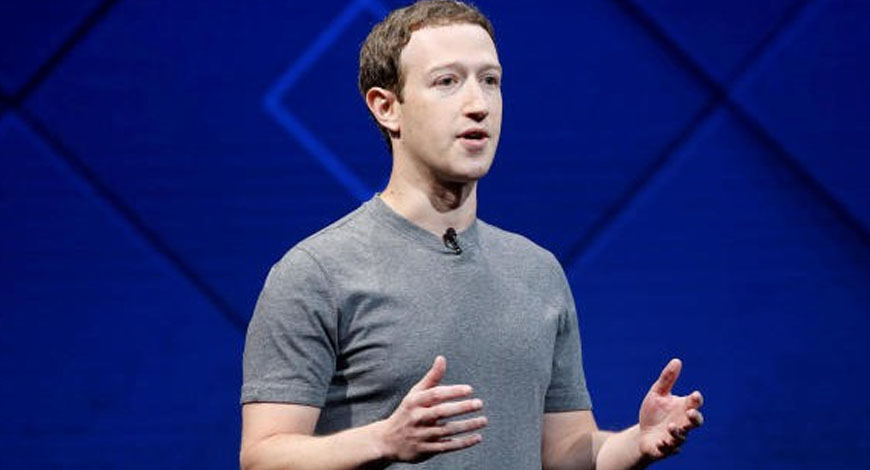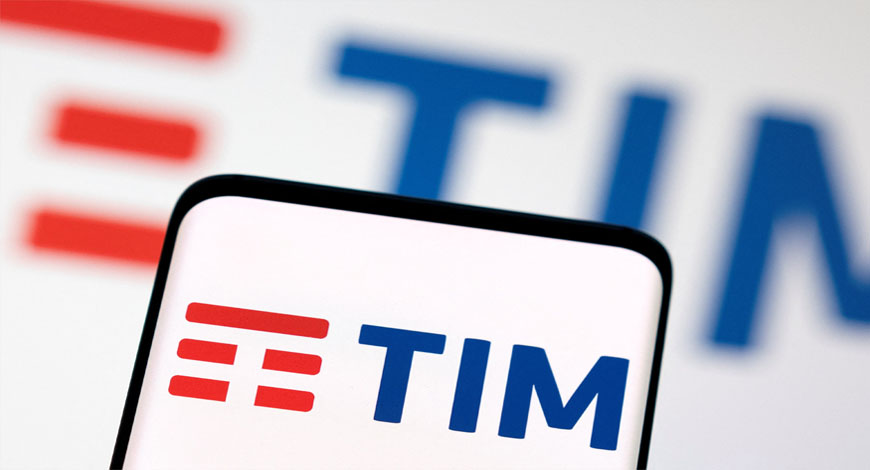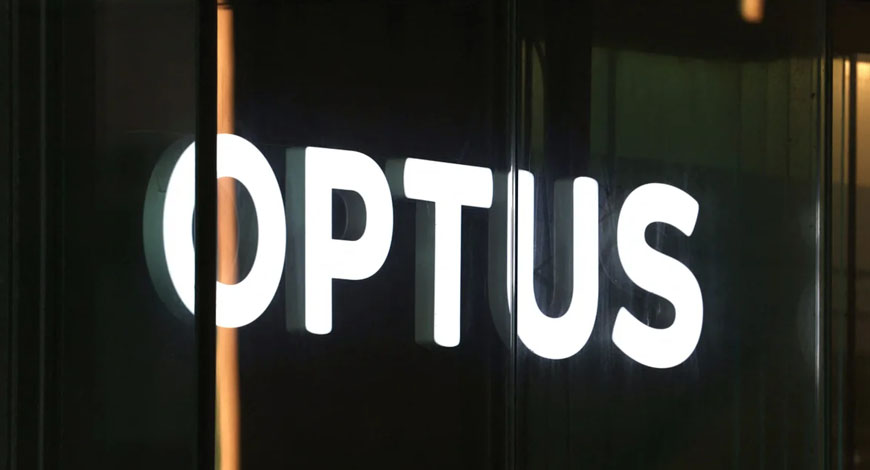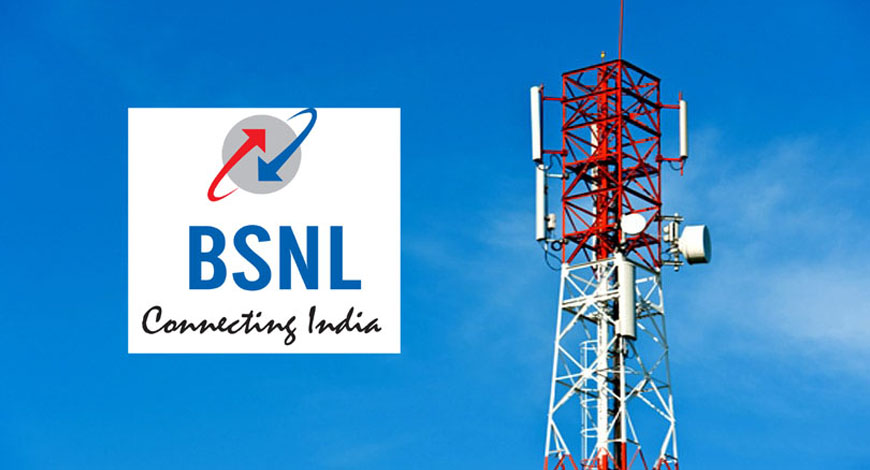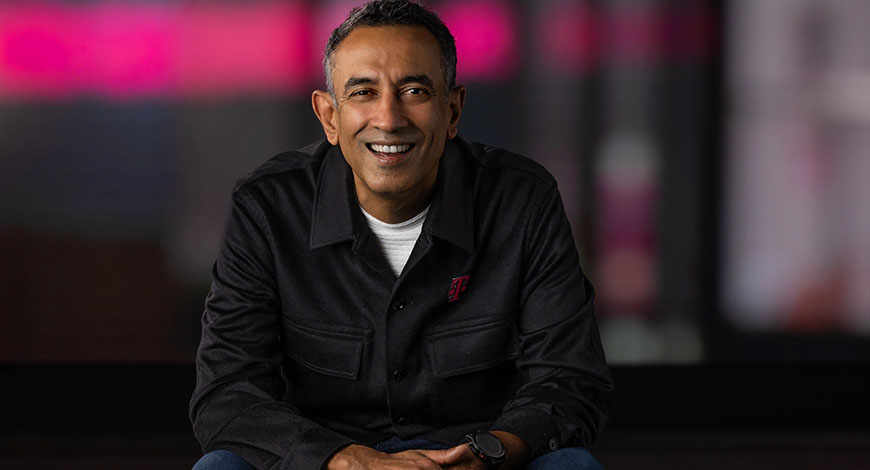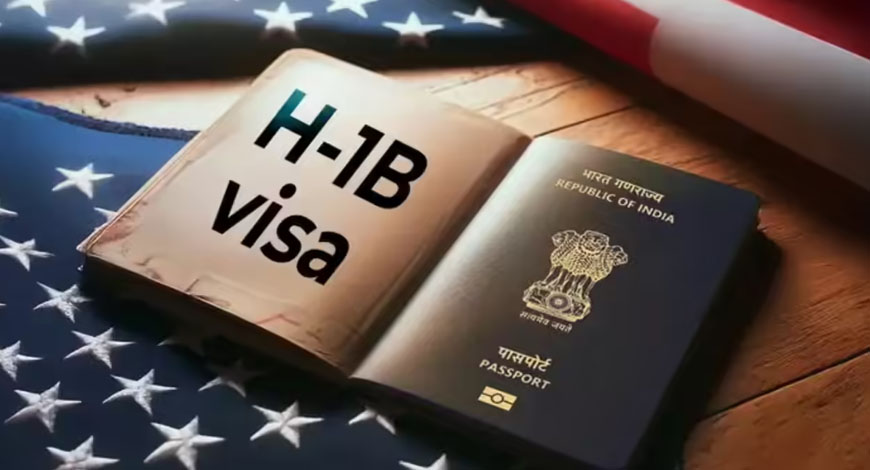An Australian judge fined telecommunications giant Optus 100 million Australian dollars ($66 million) Wednesday for unconscionable conduct selling services to hundreds of vulnerable customers including in Indigenous communities outside the range of its coverage.
The subsidiary of Singapore government-owned Singtel is separately facing multimillion-dollar fines over its failure last week to connect hundreds of emergency calls due to an outage that’s been linked to four deaths.
Federal Court Justice Patrick O’Sullivan approved a plea agreement struck between Optus, Australia’s second-largest telecom, and the Australian Competition and Consumer Commission over unconscionable conduct and inappropriate sales practices spanning four years until July 2023.
He said Optus’ conduct was “extremely serious and can only be described as appalling.”
“Optus senior management knew, or ought to have known, of the system failures that allowed the unconscionable conduct which may rightly be described as predatory,” O’Sullivan told the court.
“Of particular concern is the fact that Optus’ conduct predominantly affected vulnerable consumers including people with mental disabilities, people suffering from financial hardship, those with low financial literacy and people with limited English proficiency and/or learning difficulties,” he added.
Many victims were vulnerable Indigenous people from regional and remote communities, some of whom lived outside the range of Optus mobile coverage.
Optus sales staff applied undue pressure to customers, fabricated customer details to ensure higher credit approvals for contracts and then engaged debt collectors to recover what was owed.
Following the ruling, Optus said in a statement it was “remediating impacted customers as a matter of priority.” The statement didn’t detail that remediation.
Optus would also pay AU$1 million ($660,000) to support digital literacy initiatives for Indigenous Australians.
When Optus admitted the corporate law breaches in June, chief executive Stephen Rue described them as “inexcusable and unacceptable.”
The judge’s criticisms came hours after Optus appointed an expert to review the outage Sept. 18 that impacted 631 customers who tried to phone emergency services. Four of those emergencies were fatal.
Australian Treasurer Jim Chalmers said a government inquiry into the outage would investigate whether the parent company Singtel was providing Optus with sufficient money to make emergency calls reliable.
Singtel chief executive Yuen Kuan Moon said the parent company had invested AU$9.3 billion ($6.2 billion) in Optus in the past five years to build network infrastructure across Australia.
Singtel “will continue to invest as needed for Optus to provide reliable communication services to all Australians,” Moon said in a statement.
Rue said Optus investigators have already established that the latest outage was caused by “human error.”
“It’s not expenditure, it’s process. The standard processes were not followed. That’s not an investment issue. That is people not following processes,” Rue said. AP
